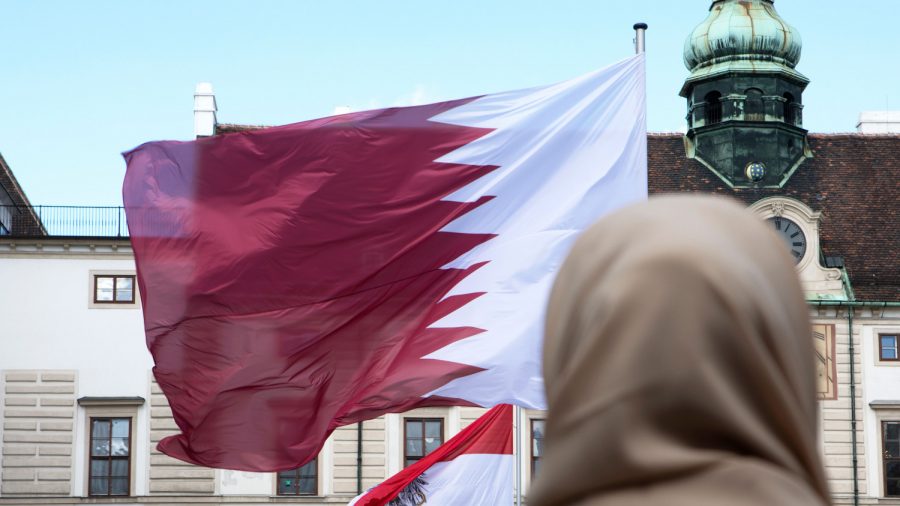Austria passed a law on May 15 that bans elementary school students from wearing a headscarf while in school.
Some Muslim women cover their heads and some families force young girls to do so as well.
The law states that the ban includes any “ideologically or religiously influenced clothing which is associated with the covering of the head,” according to AFP.
The ban was pushed by members of the center-right People’s Party and the conservative Freedom Party.

Wendelin Mölzer, education spokesman for the latter, said the law was “a signal against political Islam.”
The law will probably be challenged in the country’s constitutional court.
Austria’s Chancellor Sebastian Kurz has in the past spoken of children being covered up. “Covering up small children is definitely not something for which there should be space in our country,” he said in April 2018, according to the openly left wing Guardian. The chancellor helped pass a ban on material that fully covers the face in 2017, which has been defied by some Muslims.
Some Muslim women cover up their face with only eye slits, a form of dress known as a niqab, while others wear the burqa, which covers the eyes too. The extreme clothing is imposed on women in a number of Middle Eastern and African countries, with punishment for those who don’t wear it.


A number of European countries have passed bans on wearing face veils in public, including France, Belgium, and Denmark.
The bans have all passed in recent years as the Muslim population in Europe has exploded amid the flood of migrants from the Middle East and Africa and the rise of radical Islamic terrorism.
Sri Lanka passed a ban on face veils following the Easter Sunday bombings by Muslim extremists that left hundreds dead and hundreds of others wounded.
The All Ceylon Jamiyyathul Ulama, the top body of Islamic scholars in Sri Lanka, said they supported a short-term ban on security grounds, but opposed any attempt to legislate against burqas.

“We have given guidance to the Muslim women to not to cover their faces in this emergency situation,” the body’s assistant manager Farhan Faris said after the scholars asked the government to drop plans for a law against the burqa and niqab.
“If you make it a law, people will become emotional and this will bring another bad impact … it is their religious right.”
But some Muslims said that Sri Lanka officials had the right to make laws for their country.
“If it is not allowed it is not a problem,” Owais Ibrahim, a Muslim shopkeeper, said, noting he supported a ban on face coverings for security reasons. “If we are living in Sri Lanka, we must respect their rules.”
Reuters contributed to this report.


